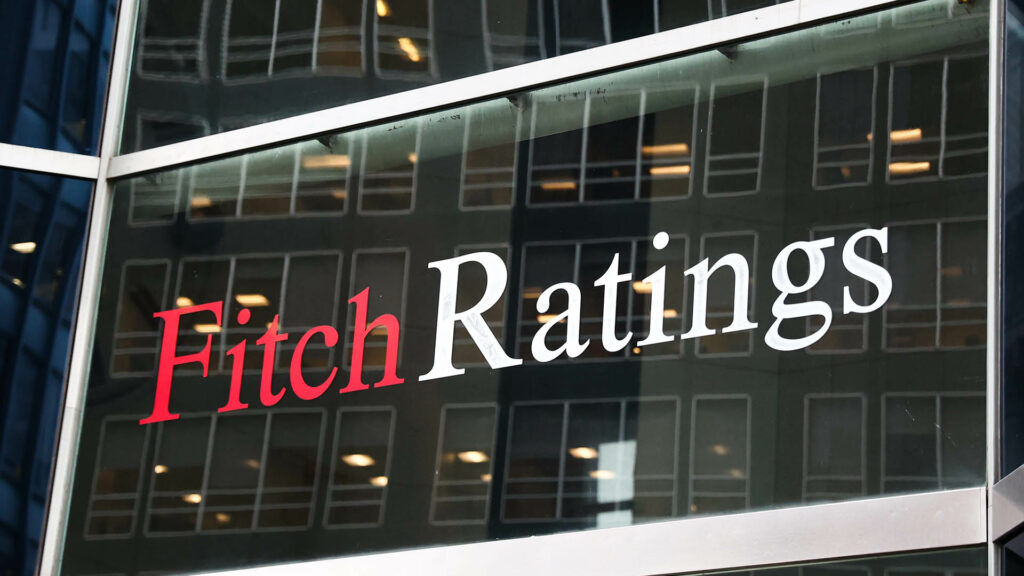|
Getting your Trinity Audio player ready...
|
In a move consistent with their prior warnings, Fitch has officially downgraded the credit rating of the United States' credit rating to AA+. This follows their initial signal in May, which persisted even after the resolution of the debt ceiling crisis in June. The review, initially slated for the third quarter, has culminated in this significant decision.
This decision, deemed by the U.S. Treasury as 'arbitrary', has sent shockwaves through the financial community and raises important questions about the country's economic outlook and global standing.
Joining the Ranks: Fitch and Standard & Poor’s Align on US Rating Downgrade
With this credit rating downgrade, Fitch now stands alongside Standard & Poor’s as a major credit rating agency that has stripped the United States of its triple-A rating. This dual blow underscores growing concerns about the nation's fiscal health, governance, and overall financial stability.

Debt Ceiling Drama: Fitch's Verdict in the Aftermath of Biden's Agreement
Fitch's decision comes in the aftermath of a debt ceiling agreement brokered between President Joe Biden and the Republican-controlled House of Representatives. This landmark agreement effectively put an end to the prolonged political standoff, resulting in a lift of the government's borrowing limit to $31.4 trillion.

Erosion of Governance Standards: Fitch's Justification for Downgrade
In a detailed statement elucidating their move, Fitch highlighted a steady and concerning deterioration in governance standards over the past two decades.
Despite a recent bipartisan agreement that temporarily suspends the debt limit until January 2025, the agency contends that the nation's handling of fiscal and debt-related matters has shown a consistent decline.
Differing Views on the Downgrade: Yellen and the White House Respond
U.S. Treasury Secretary Janet Yellen and the White House offered contrasting views on Fitch's downgrade. Yellen criticized the move as "arbitrary and based on outdated data," conveying her strong disagreement. Echoing this sentiment, the White House underscored that they "strongly disagree with this decision," emphasizing their stance on the matter.

Timing Questions Amid Economic Recovery: A Divisive Downgrade
The announcement of this downgrade raises pertinent questions about its timing. Critics contend that downgrading the United States at a juncture where President Biden has overseen a robust economic recovery appears counterintuitive.
This recovery has positioned the nation as a global economic leader, adding complexity to the timing and implications of the downgrade.
Aftermath and Global Implications: Unfolding Discussions
As the dust settles following Fitch's decision, discussions are sure to ensue about the aftermath and implications of the credit rating downgrade. This pivotal event is likely to trigger debates about the U.S. financial landscape, its governance trajectory, and the broader ripple effects on international financial markets.
Navigating Uncertainty: What Lies Ahead
Amidst the uncertainty triggered by this rating downgrade, businesses and investors are left pondering the path ahead. How might this development influence government actions, market dynamics, and financial strategies?
As the situation continues to unfold, a careful examination of potential scenarios becomes essential.
Global Implications: U.S. Position on the World Stage
A credit rating downgrade is more than just a domestic concern; it carries global implications. This move could impact the U.S.'s reputation as a reliable economic partner and alter its role in international financial agreements.
Business leaders and policymakers alike are grappling with the broader geopolitical consequences of this decision.







